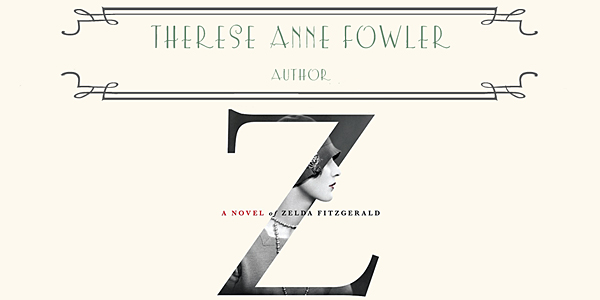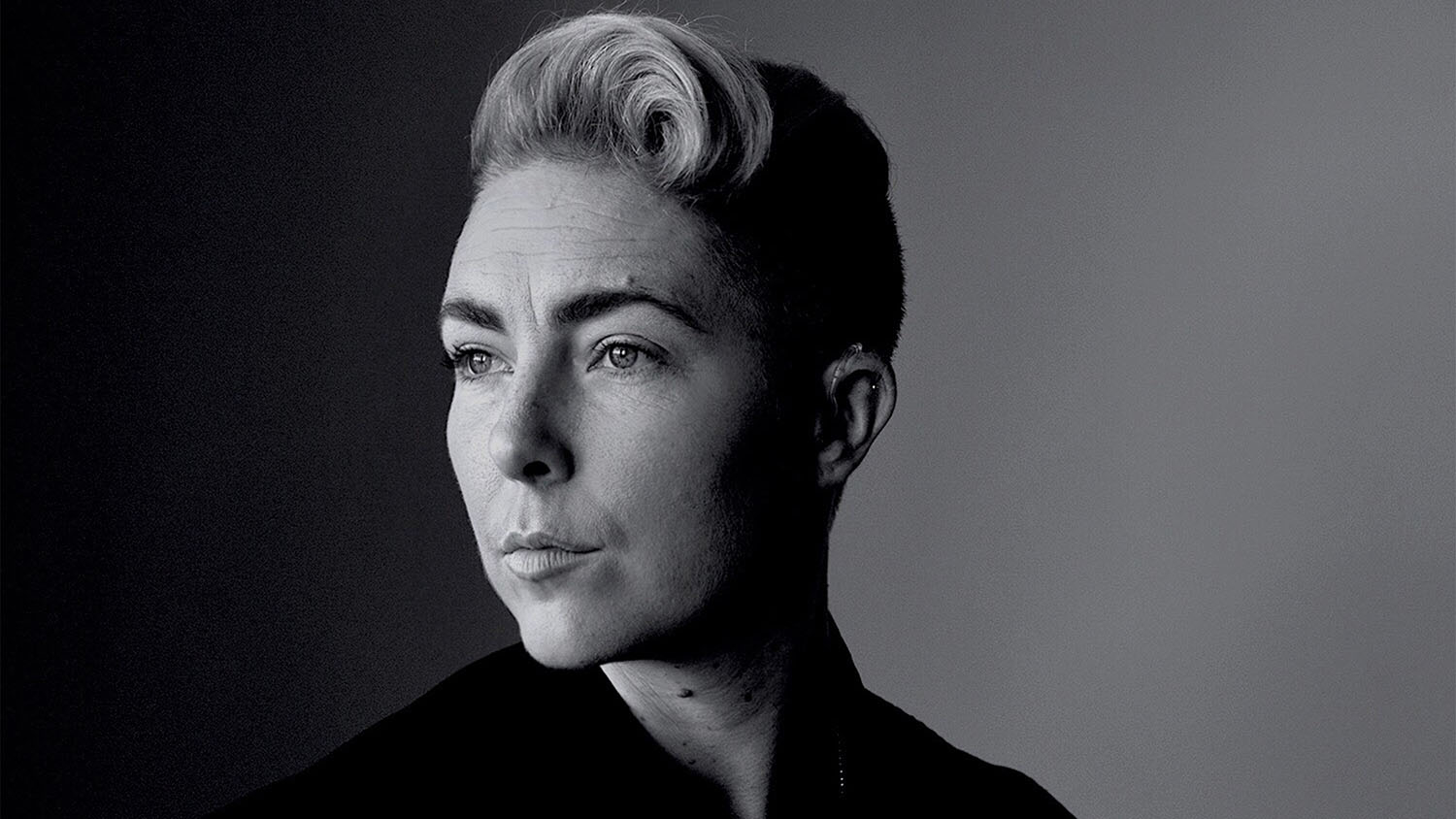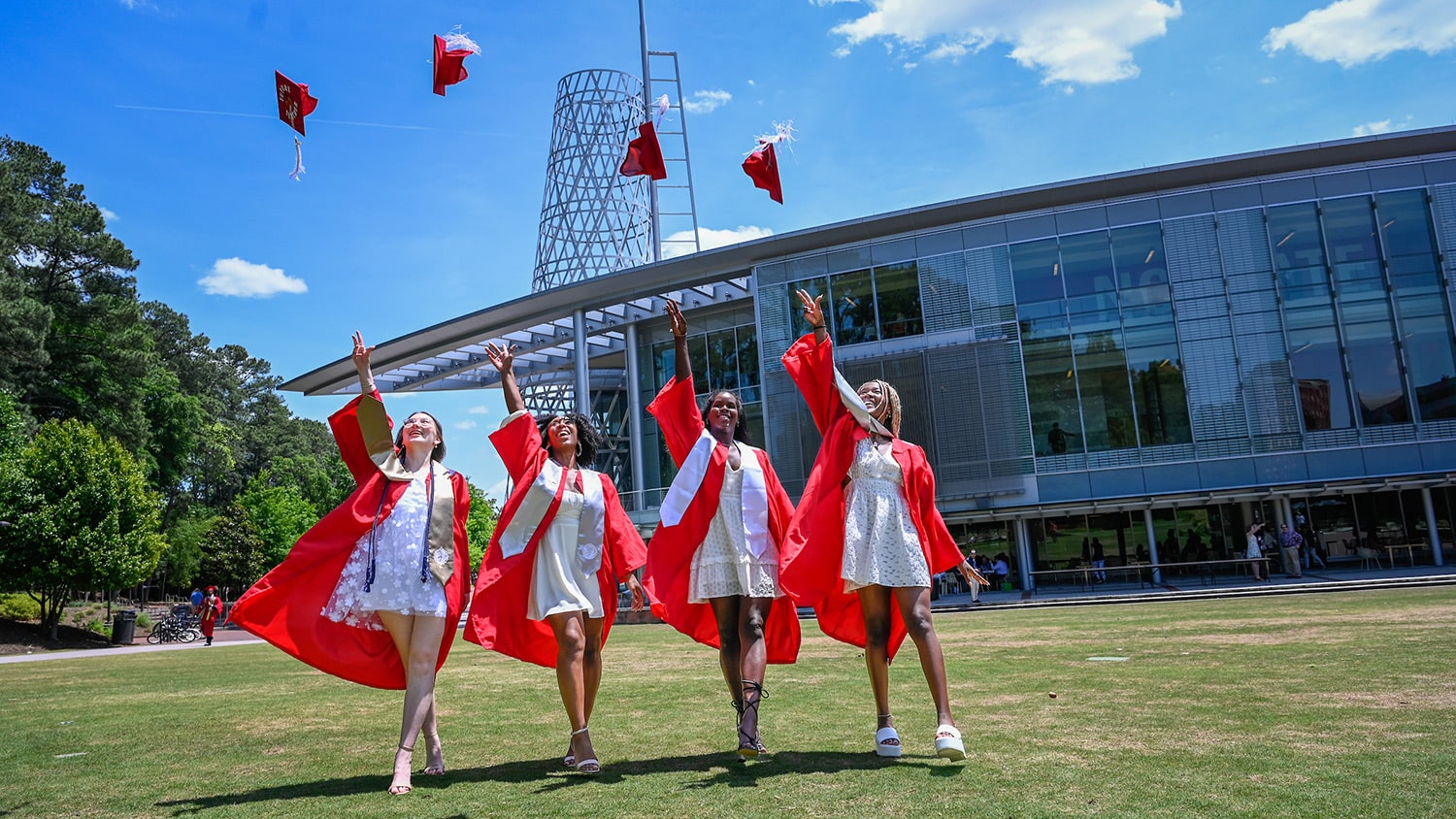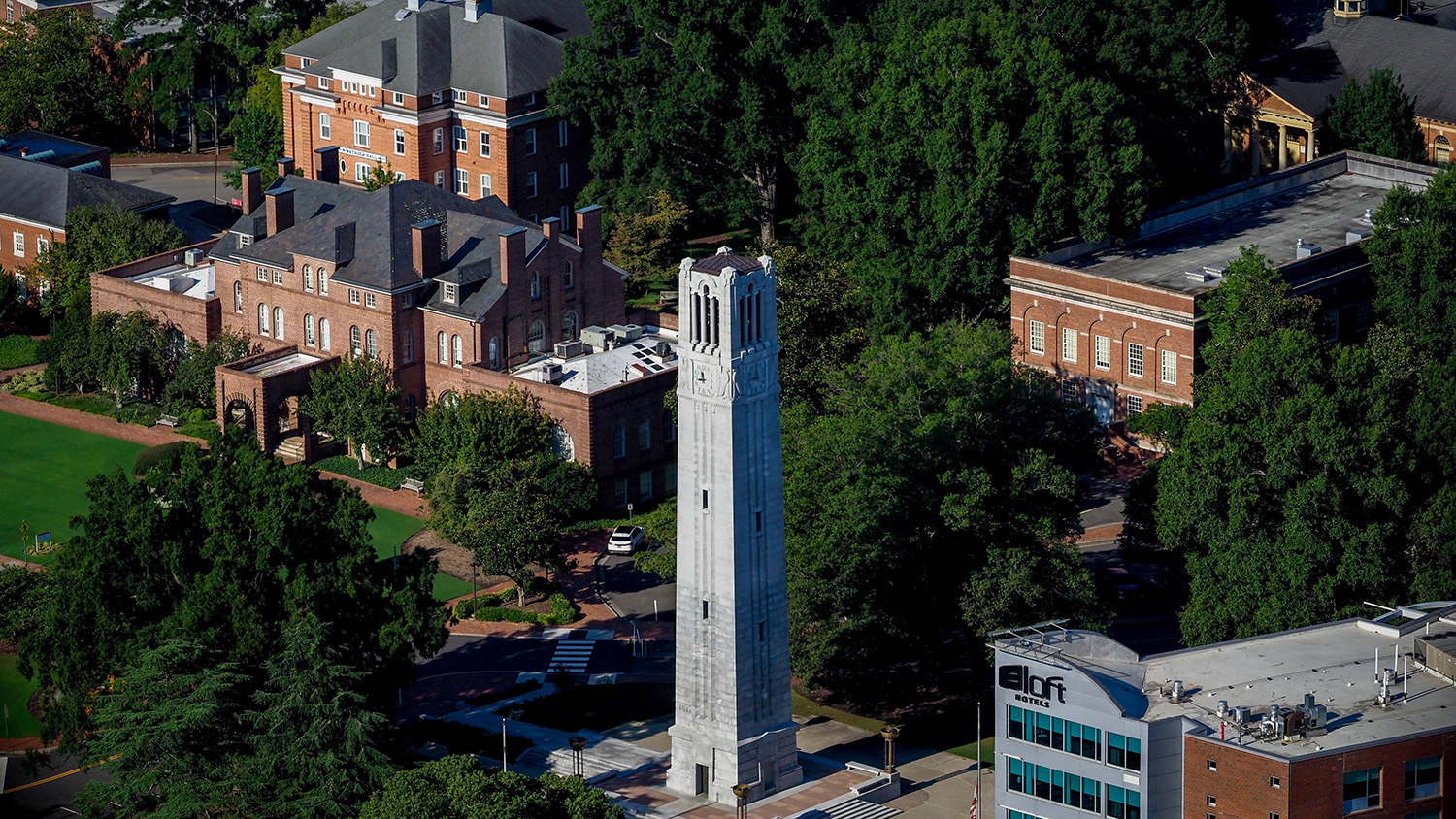5 Questions With Therese Fowler

Therese Fowler was simply trying to complete a degree in sociology when she signed up for John Kessel’s course in science fiction literature at NC State. Kessel gave the class the option of writing a short story instead of a term paper, and Fowler took him up on it, even though she had never written a short story before. She worried that her story wouldn’t be good, but Kessel surprised her by saying she had real promise as a writer.
Heeding Kessel’s words, Fowler changed course after graduation and entered NC State’s brand-new Master of Fine Arts in Creative Writing program, where she honed her craft and began writing novels. She didn’t break into print right away, but she didn’t give up, and it wasn’t long before her first novel, “Souvenir,” was published, followed by “Reunion” and “Exposure.” Fowler’s latest novel, “Z: A Novel of Zelda Fitzgerald,” debuted at No. 10 on the New York Times best-seller list in 2013. What started as an interesting way to fulfill a course requirement has turned into a full-blown career.

Fowler is a featured author in the North Carolina Literary Festival, which will take place at the Hunt Library April 3–6. She will speak in a joint appearance with novelist Karen Joy Fowler in the library’s auditorium at 11:30 a.m. Saturday, April 5.
In an interview this week, Fowler talked about her mistaken impressions of Zelda Fitzgerald, the risks she’s taken in her writing career, and how it feels to teach where she used to be a student.
You’ve said that the inspiration to write “Z” “arrived unexpectedly.” Can you say more about that? There are plenty of compelling biographical figures to write about, including any number of famous women throughout history whose stories have never been properly told; so why Zelda Fitzgerald, best known as the wife of author F. Scott Fitzgerald?
I wasn’t looking to write about a biographical figure at all. But there I was, one day in early 2011, jotting notes about other story ideas in my journal, and Zelda’s name just popped into my head. I don’t recall having recently heard or read anything about her, but I suppose I must have. Initially I resisted the idea to write about her because I believed at the time that she’d been “insane,” and writing a novel about a crazy woman didn’t appeal. Yet the prospect stuck with me — possibly due to my having read and loved Nancy Horan’s novel “Loving Frank,” which deals with some difficult but fascinating real-life characters (Frank Lloyd Wright and Mamie Borthwick Cheney).
So I did some preliminary research on Zelda and learned that my impression of her was badly mistaken. The woman she really was intrigued me, as did the era in which she and F. Scott Fitzgerald lived. I was hooked.
Your first three novels were fully fictional narratives set in the modern day, dealing with family relationships, terminal disease and even teen sexting. Was it difficult to shift gears so thoroughly and write about real historical figures in the 1920s and ’30s?
Not in terms of craft; a writer uses essentially the same tools to write about fictional characters in the present that she uses to write about real figures from the past. What was difficult was shifting gears in my career. My first three novels were contemporary commercial fiction, and “Z” is literary biographical fiction. In the world of publishing and marketing, those are quite different animals. I risked sending my career into a full tailspin, but I didn’t really see any way around it. Although I’m proud of the quality of what I’d been writing, the “women’s fiction” genre wasn’t a good fit for me and who I wanted to be as a writer.
In 2003 you entered NC State’s MFA in creative writing program as an unpublished writer. Now you have four published novels (and an MFA) under your belt, and you’re teaching creative writing at State as a writer in residence. How does it feel to have gone so far and to come full circle?
It felt really weird at first. I spent seven semesters at NC State in the ’90s as a so-called nontraditional student while doing my undergrad work, and then another five semesters (all of them in Tompkins-Caldwell-Winston) in ’03 –’05 for my MFA; so returning to Tompkins this year — not to my old cubicle, but to an office of my own — had a surreal quality, as if I’d stumbled into an alternate reality. Fortunately, that feeling didn’t last. It has been a delight to reconnect with many of the faculty members I’d worked with or studied under before. And I am in love with my students, who are so smart and creative. Teaching fiction writing reminds me daily of how much I love to write, and I hope I’m conveying that passion to my students.
Can you say anything about your next project?
I’m in the early stages of a somewhat daring ’60s-era coming-of-age novel that was inspired by one of my favorite books, “Lolita.” It’s a story I’ve had in mind for almost six years now, and I’m eager to get it on paper. If I put my nose to the grindstone when the semester ends, I may have a draft done by late summer.
The theme of the 2014 North Carolina Literary Festival is “Discover the Future of Reading.” What do you think the future might hold for the reading public?
Call me stubborn, but I’m of the belief that the future will look a lot like the past in terms of the continued creation of and demand for wonderful things to read. We may see ever-more-creative delivery methods, which I’m all for if it means more people read more. But I think humans have pretty much perfected the art and practice of storytelling, so in that regard, the future will hold the opportunity for us all to continue to do what we love (read!) by whatever mode suits each of us best.
- Categories:


